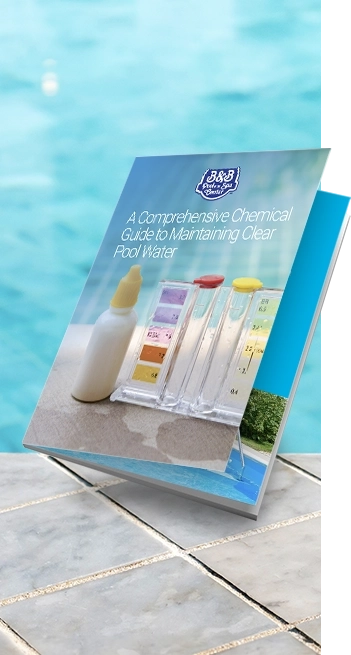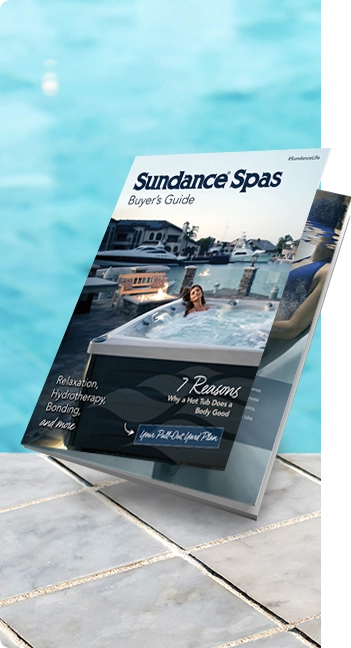Saltwater Pool Maintenance-An Overview
Pool Education, Saltwater Pools, Sanitation
Most pool owners have come to learn and understand how to maintain their pool properly on-season and off. However, with the current landscape of the chemical industry looking shaky, pool owners may look into other ways to care for their pool at affordable prices. Suppose you are considering converting your current pool into a saltwater pool, in that case, you will want to understand what kind of maintenance and care is needed to maintain a healthy functioning pool. So the question is, how do you care for a saltwater pool?
Saltwater Testing and Balancing
Much like a conventional swimming pool; chemical levels are maintained by routine testing for irregularities . You can gauge if your systems are working correctly when you balance the water. These tests should occur once a month using a saltwater testing kit. The salt level measurement is in parts per million(ppm), and the amount needed will vary depending on the size of your pool. The salt used in these systems, Sodium Chloride (NaCl), is highly important to the chemistry of the water.
Perform tests for the pH and stabilizer levels as well. Salt pools require a different pH than a chlorine pool. Even though the generator is producing the chlorine for you, you may still need other chemicals to help bring your pool to healthy levels. It is recommended that you test the pH and chlorine levels once a week.
Cleaning
No matter what type of pool you own, it will need to be cleaned regularly. If you live near trees or in an area with lots of debris, you may have to clean your pool more often. The health and longevity of your pool and systems in part depend on a clean pool. It’s recommended you clean your pool once a week or as needed. Keeping a pool cover over your pool when it’s not in use is also beneficial to the cleanliness of your pool.
Equipment
Salt is corrosive over time. It can break down any number of materials, so it’s essential to check your salt cell generator every couple of months for any build-up that may occur. Clean cells as needed or every three months. If you want to save more time on maintenance, you can purchase a self-cleaning salt cell generator. Pentair offers a generator called the IntelliChlor. Not only does this generator clean itself, but it also has auto and tracking functions. If you choose this option, inspect and clean the generator according to the manufacturer’s recommendations.
Cleaning equipment may be subject to corrosion as well. Inspect all vacuums and skimmers. When you purchase any equipment for cleaning or recreational use, make sure it will suit your needs. All ladders, diving boards, and the like need inspection for stability and safety. When inspecting these items you want to look for any signs of breakdown, rust or corrosion taking place.
Another important part of saltwater pool maintenance is to inspect the circulation of the water. Whenever you check your generator, you will also want to check that all pumps, drains, and filters are working together. The flow of the water should be even and steady. If there is no proper circulation, the chemicals will not adequately disperse, throwing off the pool’s chemistry.
Saltwater Pool Maintenance Costs
As mentioned in our article, Salt Cell Generator- An Alternative, maintaining a saltwater pool may cost less compared to a chlorine pool. The salt cell generator creates the chlorine needed from the salt. In turn, it cuts down the number of added chemicals required to balance the water. Let’s not forget the amount of time you will save in cleaning and maintenance, leaving plenty of moments to enjoy your backyard space.
Knowing the amount of effort and time to maintain a swimming pool is very important to understand during the decision process. Each type of pool will have its own set of procedures to keep it in top working order. It’s the same case for a saltwater pool. Saltwater pool maintenance is by no means a “hands-off” approach . It’s simpler and more cost-effective to manage compared to a conventional pool but still needs to be cared for. Interested in converting your pool or need help better understanding how to care for your saltwater pool? Don’t hesitate to contact a pool service professional.


